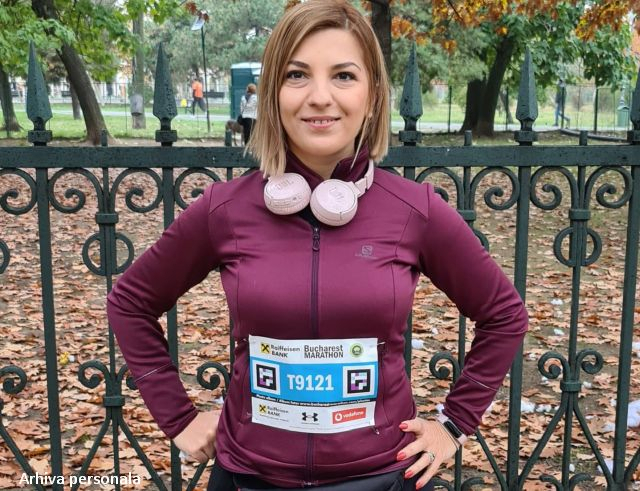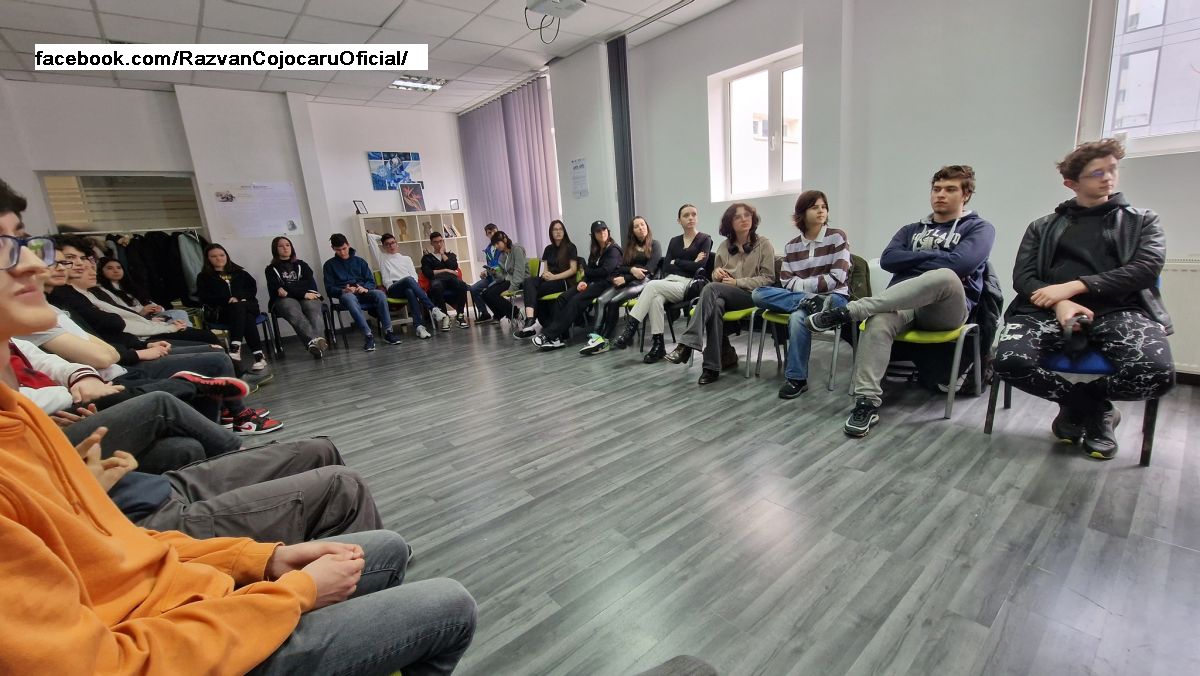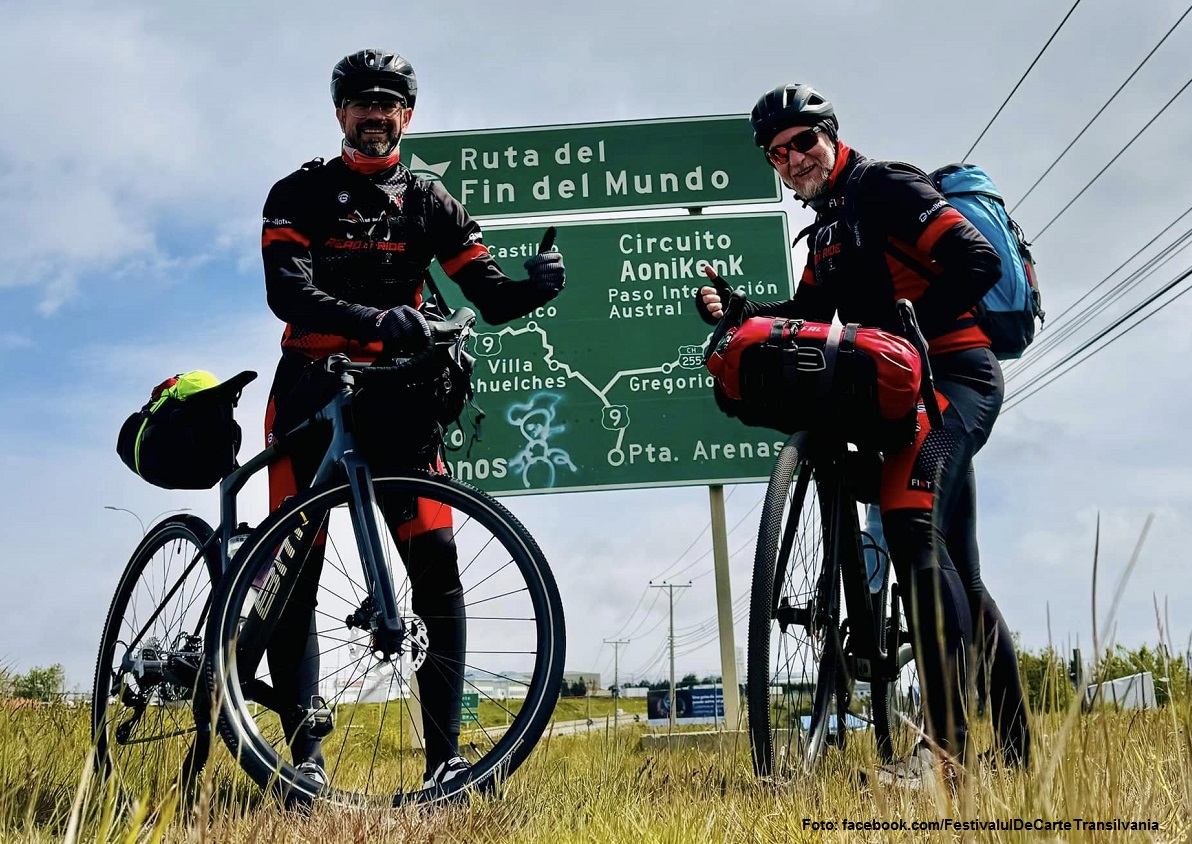Funky Citizens
Funky Citizens is a meeting place for the citizens who understand their role in a democracy

Ana-Maria Cononovici, 19.07.2022, 13:50
Funky Citizens is a meeting place
for the citizens who will not settle for the status quo, but understand the
role they play in a democracy and often get involved in decision-making
processes. The organisation’s strongest weapons are the initiatives that use
technology, data and communication-based advocacy, and civic education. The NGO
already has notable experience in encouraging the citizens who dream of an
urban space with a coherent idea of development, in which citizens get involved
in defining their shared space and improving their life standards.
Elena Calistru, a member of the
European Economic and Social Committee (EESC), and the president and co-founder
of the organisation, tells us how it all started:
Elena Calistru: Around
2011 – 2012 we realised that Romania lacked a movement or organisation that
made citizen involvement desirable for people, especially in areas that are
rather difficult to understand. We started with a project where we monitored
the spending of public funds, we monitored the national budget actually, which
we tried to make comprehensible for citizens. We worked on the assumption that
people would like to get involved in public life, but that they often find this
kind of information very difficult to understand, and that some effort is required
to explain to them certain basic aspects, like how legislation works, how
institutions work and so on. This is how Funky Citizens was born.
We asked Elena Calistru whether it
was easy to find members:
Elena Calistru: Obviously
there were not a lot of citizens willing to get involved, and as an
organisation we didn’t imagine we will get millions of people checking on local
budgets. But we do believe that, if we get involved, things will change, and
judging by the response we have seen since our establishment in 2012, I would
say there are more and more people interested in what happens at local and
national level and more and more people are getting involved in our activities,
are donating funds, are reading our surveys.
How can a citizen get involved in
public life?
Elena Calistru: Most
often, the first step is to get informed. It sounds like a cliché, but it is
true. Information is power, information is easier nowadays thanks to the
internet and finding out how we can contact our MP or mayor is just a click
away. But we tell people that citizen involvement is like sports: there are
several levels. Ideally, we should all exercise for at least 30 minutes a day. In
terms of citizenship, this means checking from time to time what the mayor has
done, what parliament has done, what the government has done, and stay up to
date on events. And obviously go vote. Then, just like in sports, there is the
option of exercising weekly, maybe take up a sport, or go cycling. This would
translate into signing a petition, for example, or writing to our MPs on a
topic of interest. And the third level, the ‘professional athlete’ so to say,
is running a marathon. This may mean joining a citizen intervention
organisation, or challenging the local budget. We have these rights, as
citizens.
The number of participants in Funky
Citizens projects varies, our guest explained, and during election periods it
may reach thousands of volunteers. Elena Calistru, the president and co-founder
of the organisation, also spoke about some of its most recent initiatives:
Elena Calistru: In the
years to come we will have 2 major challenges: one of them is to expand our
work at local level. This is something we are already doing, we started last
year, we are trying to go to local communities and organise training sessions
on how local budgets are made, on how citizens can get involved, and we work
with partner journalists. The second challenge has to do with our presence in
the European Economic and Social Committee and other bodies, our organisation
has been working for a while now in international projects, especially in
Central and Eastern Europe, I have been a member of the Committee since last
year. We are trying to make the voice of several Romanian NGOs better heard in European
institutions.
Whether we speak about European
funds for national or local projects, when we look at the efficiency of
spending in Romania the common element is a lack of impact. The main reasons
for that are the absence of mechanisms to identify long-term development needs,
prioritising financial needs based on political criteria rather than actual
needs, and the waste of public money through corruption, fraud or poor
management. (A.M.P.)






























